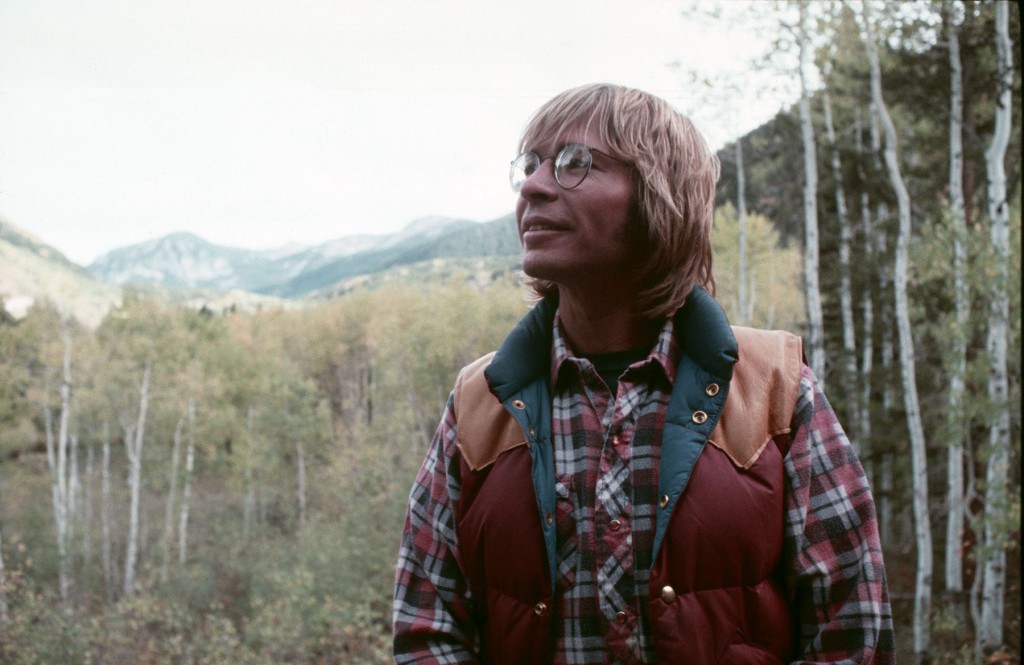
About the song
Leaving On A Jet Plane, a folksy ballad that tugs at the heartstrings and evokes a powerful sense of longing. Released in 1969 by the iconic American singer-songwriter John Denver, this song has transcended generations and cultures, becoming a beloved classic. But there’s more to this seemingly simple tune than meets the ear.
---> Scroll down for the VIDEO
Denver, a pioneer of the folk-rock genre, was known for his earnest vocals and his ability to weave relatable stories into his music. Leaving On A Jet Plane is a prime example. While the exact inspiration for the song remains veiled, it perfectly captures the bittersweet emotions of farewell, particularly when fueled by the rapid pace of modern travel.
Originally titled “Babe, I Hate to Go”, the song underwent a metamorphosis before its release. Denver’s producer, Milt Okun, recognized the broader appeal of a more universal title, thus christening it Leaving On A Jet Plane. This simple shift transformed a personal goodbye into a poignant exploration of separation, resonating deeply with anyone facing the prospect of leaving loved ones behind.
The beauty of the song lies in its straightforwardness. The lyrics paint a vivid picture – packed bags, a sleeping lover, the quiet urgency of departure. Denver’s gentle vocals imbue the narrative with a melancholic tenderness. Lines like “They don’t mean a thing, every place I go I’ll think of you” and “Every song I sing I’ll sing for you” convey a profound sense of devotion, a promise to carry the memory of the beloved even in distant lands.
Leaving On A Jet Plane isn’t just a love song, though. It’s a bittersweet reflection on the fleeting nature of connection in a world increasingly defined by movement. The jet plane, a symbol of progress and speed, becomes a harbinger of separation. The listener is left contemplating the weight of goodbyes, the yearning for connection despite physical distance.
The song’s impact extends far beyond its initial release. Peter, Paul and Mary covered it in 1969, achieving even greater commercial success and further solidifying the song’s place in popular culture. Leaving On A Jet Plane has been featured in countless movies and TV shows, its enduring appeal a testament to its ability to capture a universal human experience.
So, the next time you hear those opening notes, take a moment to appreciate the artistry woven into this seemingly simple ballad. Leaving On A Jet Plane is more than just a catchy tune; it’s a poignant reminder of the bittersweet beauty of human connection and the enduring power of music to capture the complexities of the human experience.
Video
Lyrics
All my bags are packed, I’m ready to go
I’m standing here outside your door
I hate to wake you up to say good-bye
But the dawn is breaking, it’s early morn
The taxi’s waiting He’s blowing his horn
Already I’m so lonesome I could die
So kiss me and smile for me, tell me that you’ll wait for me
Hold me like you’ll never let me go
‘Cause I’m leaving on a jet plane
Don’t know when I’ll be back again
Oh, babe, I hate to go
There’s so many times I’ve let you down
So many times I’ve played around
I tell you now they don’t mean a thing
Every place I go I’ll think of you
Every song I sing I’ll sing for you
When I come back, I’ll bring your wedding ring
So kiss me and smile for me
Tell me that you’ll wait for me
Hold me like you’ll never let me go
‘Cause I’m leaving on a jet plane
Don’t know when I’ll be back again
Oh, babe, I hate to go
Now the time has come to leave you
One more time let me kiss you
Then close your eyes, I’ll be on my way
Dream about the days to come when I won’t have to leave alone
About the times I won’t have to say
Kiss me and smile for me, tell me that you’ll wait for me
Hold me like you’ll never let me go
‘Cause I’m leaving on a jet plane
Don’t know when I’ll be back again
Oh, babe, I hate to go
I’m leaving on a jet plane
Don’t know when I’ll be back again
Oh, babe, I hate to go